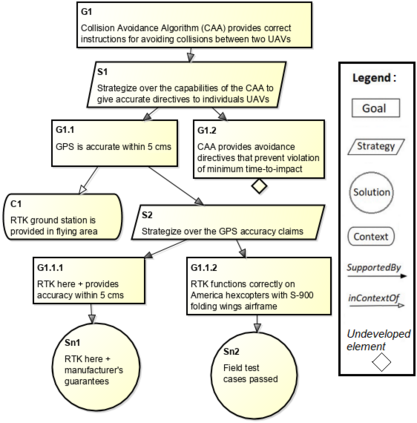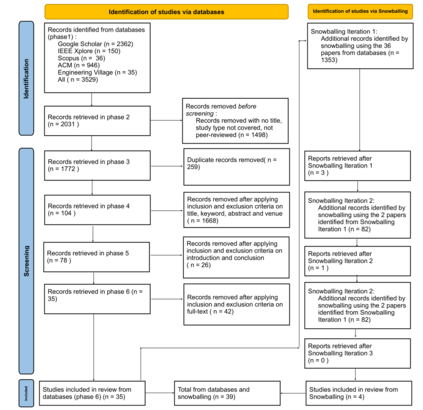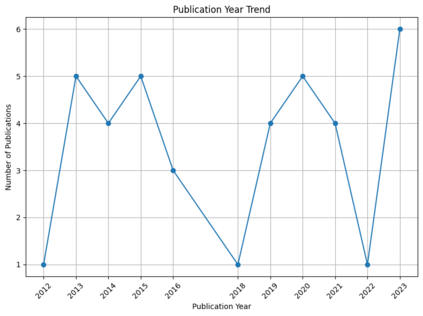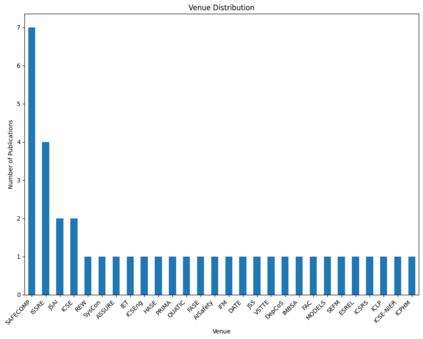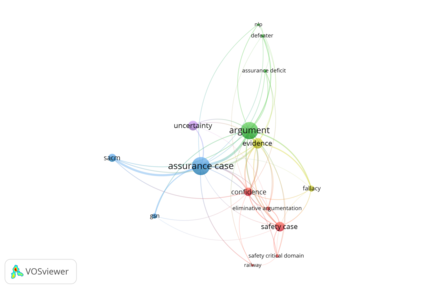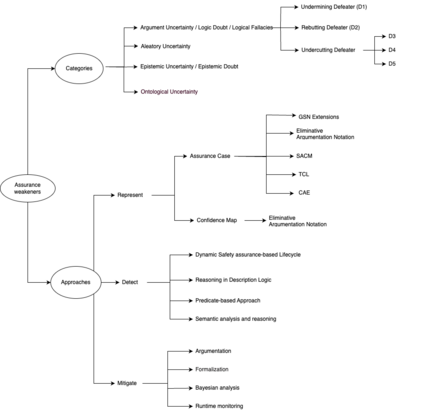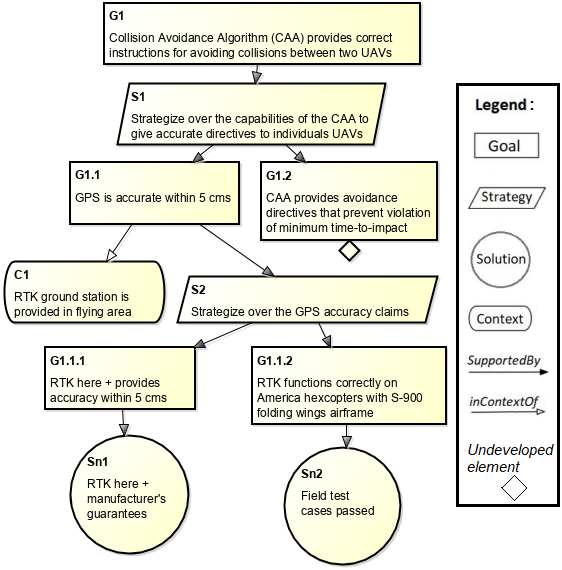Context: An assurance case is a structured hierarchy of claims aiming at demonstrating that a given mission-critical system supports specific requirements (e.g., safety, security, privacy). The presence of assurance weakeners (i.e., assurance deficits, logical fallacies) in assurance cases reflects insufficient evidence, knowledge, or gaps in reasoning. These weakeners can undermine confidence in assurance arguments, potentially hindering the verification of mission-critical system capabilities. Objectives: As a stepping stone for future research on assurance weakeners, we aim to initiate the first comprehensive systematic mapping study on this subject. Methods: We followed the well-established PRISMA 2020 and SEGRESS guidelines to conduct our systematic mapping study. We searched for primary studies in five digital libraries and focused on the 2012-2023 publication year range. Our selection criteria focused on studies addressing assurance weakeners at the modeling level, resulting in the inclusion of 39 primary studies in our systematic review. Results: Our systematic mapping study reports a taxonomy (map) that provides a uniform categorization of assurance weakeners and approaches proposed to manage them at the modeling level. Conclusion: Our study findings suggest that the SACM (Structured Assurance Case Metamodel) -- a standard specified by the OMG (Object Management Group) -- may be the best specification to capture structured arguments and reason about their potential assurance weakeners.
翻译:暂无翻译

